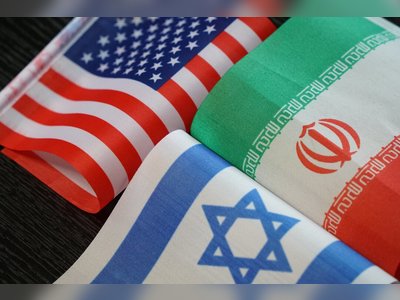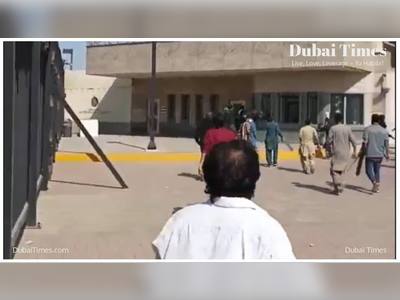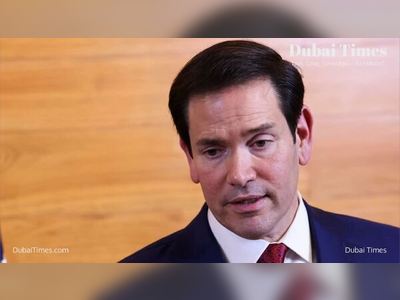
TikTok's Uncertain Future: Is a Digital Blackout Looming for 70 Million Americans?
With Google and Apple gearing up for possible TikTok bans, a federal court decision has sparked a heated discussion on national security against free speech in the digital era.
In a dramatic development in the tech industry, Google and Apple are on the verge of potentially banning TikTok after a federal court dismissed ByteDance's appeal for a stay order.
With the Supreme Court now poised to determine TikTok's fate, around 70 million American users may soon find their screens going dark—a scenario that intensifies the intersection of technology, politics, and national security.
The U.S. government's position highlights concerns over data privacy and national security, pointing to TikTok's Chinese ownership through ByteDance as a major issue.
This situation revisits the ongoing conflict between security and freedom, reminiscent of historic trade restrictions and embargoes on entities from perceived adversarial nations.
However, TikTok argues that a ban could not only restrict an app but also infringe on First Amendment rights by silencing millions of voices.
Critics caution about a slippery slope: today, it’s TikTok; tomorrow, any app might face similar scrutiny.
The necessity of oversight is clear—governments have an obligation to protect national interests, but does this vigilance cross into suppression?
The cultural and economic ripple effects of such a ban are significant.
TikTok is more than just an app; it's a lively platform that fuels global creativity and contributes substantially to the economy.
Its removal from the digital sphere could inadvertently stifle innovation, leaving a void potentially filled by social media giants like Facebook and Instagram, further tightening their market dominance.
Furthermore, the debate reveals what some see as hypocrisy within the tech sector.
If TikTok's ownership had shifted to American companies like Microsoft or Oracle during previous acquisition talks, would the security concerns have remained?
Ultimately, this digital dilemma presents a delicate balance to strike.
Benjamin Franklin's famous words resonate, cautioning against sacrificing essential liberties for temporary safety.
As this ongoing drama heads to the Supreme Court, it urges critical reflection on our priorities—security versus freedom—and the digital future we are shaping for generations to come.
With the Supreme Court now poised to determine TikTok's fate, around 70 million American users may soon find their screens going dark—a scenario that intensifies the intersection of technology, politics, and national security.
The U.S. government's position highlights concerns over data privacy and national security, pointing to TikTok's Chinese ownership through ByteDance as a major issue.
This situation revisits the ongoing conflict between security and freedom, reminiscent of historic trade restrictions and embargoes on entities from perceived adversarial nations.
However, TikTok argues that a ban could not only restrict an app but also infringe on First Amendment rights by silencing millions of voices.
Critics caution about a slippery slope: today, it’s TikTok; tomorrow, any app might face similar scrutiny.
The necessity of oversight is clear—governments have an obligation to protect national interests, but does this vigilance cross into suppression?
The cultural and economic ripple effects of such a ban are significant.
TikTok is more than just an app; it's a lively platform that fuels global creativity and contributes substantially to the economy.
Its removal from the digital sphere could inadvertently stifle innovation, leaving a void potentially filled by social media giants like Facebook and Instagram, further tightening their market dominance.
Furthermore, the debate reveals what some see as hypocrisy within the tech sector.
If TikTok's ownership had shifted to American companies like Microsoft or Oracle during previous acquisition talks, would the security concerns have remained?
Ultimately, this digital dilemma presents a delicate balance to strike.
Benjamin Franklin's famous words resonate, cautioning against sacrificing essential liberties for temporary safety.
As this ongoing drama heads to the Supreme Court, it urges critical reflection on our priorities—security versus freedom—and the digital future we are shaping for generations to come.
Translation:
Translated by AI











